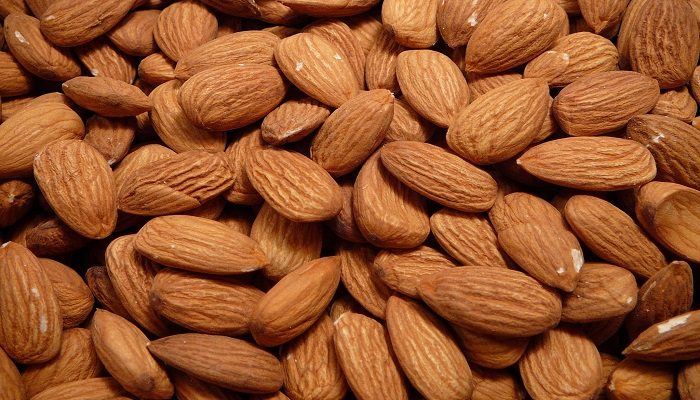This article is from the Australian Property Journal archive
INTEGRATED almonds and nuts business, Select Harvest has delivered a lower net profit of $6.3 million in the first half, down from $11.6 million.
The result did not please investors with the company’s shares falling by 15 cents to $4.71. The directors have declared an interim dividend (fully franked) of 5 cents per share, down from the 1H17 interim dividend 10cps.
Select Harvests’ managing director Paul Thompson said the company’s result is extremely sensitive to both crop size and price estimates – every 200 additional MT delivers A$1.5 million EBIT and every A$0.10/kg movement in the almond price delivers A$1.4 million EBIT.
“Early harvest indications show that the crop quality is good and there is potential for the 15,000 MT crop estimate to be exceeded,” he added.
The greenfield almond orchard developments plant out of 844 ha (2,084 acres) in FY17 funded via a lease agreement with First State Super (FSS) have been implemented to plan.
The company planted a further 352 ha (870 acres) across three existing and new sites in July 2017, also funded by FSS. Select Harvests now owns or leases 7,487 ha (18,500 acres) of planted almond orchards.
A further 202 ha (500 acres) will be planted in July 2018, in partnership with FSS.
Following the plant out of existing greenfield developments, Select Harvests will have a geographically diversified almond orchard portfolio comprising approximately 7,689 ha (19,000 acres) planted across the three major Australian almond growing regions.
Select Harvests currently have no immediate plans for further new developments, but will continue with our replanting program and plan to replant 589 ha (1,455 acres) over the next five years.
The company’s food division faced a number of challenges in the domestic market in the last six months, including the expansion of house brands which impacted its market share) and the increasingly competitive domestic sector.
Thompson said the medium and long-term fundamentals of the industry and business are strong.
“Both the domestic and global market remain extremely positive with underlying consumption of our product being by consumers long to plant based protein inclusions in their diets. This trend is supported by an ever-increasing level of medical research.
“The export market remains buoyant with significant opportunities in both north and south east Asia. Opportunities to grow exist in consumer branded categories plus further growth in the industrial/commercial sectors. We anticipate our export business growth to accelerate, albeit from a small base,” Thompson said.
Australian Property Journal




